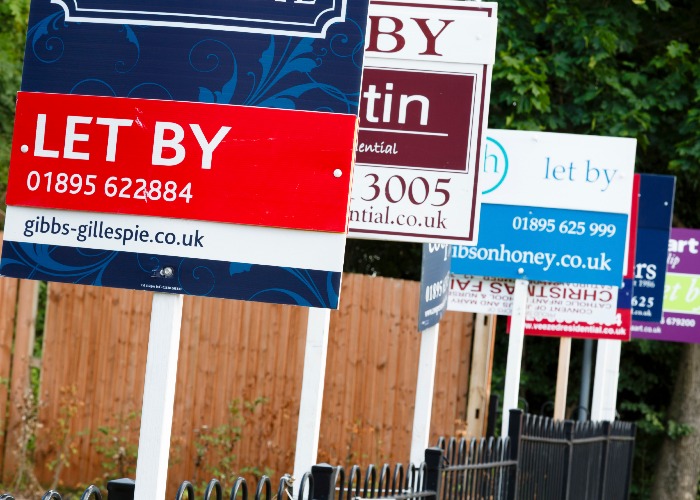Landlord tax relief changes: what next for rents?

Will the restriction of tax relief for landlords push rents up?
Landlords were dealt a blow in last week's Budget, when the Chancellor announced that they will no longer be able to claim tax relief worth 40% or 45% of the interest payments on their buy-to-let mortgages.
Instead, the maximum tax relief will be set at 20%, with the change phased in over a four-year period beginning in April 2017.
The National Landlords Association has estimated the taxation change could affect as many as 700,000 landlords.
Property investors have also lost the right to automatically claim a blanket 10% of the annual rent against wear-and-tear costs. From April 2016, landlords will only be able to deduct costs they actually incur.
The tax clampdown has led to a fierce debate about whether it will result in a mass sell-off of rental property, or widespread rent increases.
The sums
Several pundits have worked out examples of how the tax change will affect the money landlords can make from their properties.
Estate agent Savills said a higher-rate taxpayer buying a property worth £300,000 with a 35% deposit and a yield of 5% would currently make £3,000 a year profit, but no profit whatsoever by 2020.
Meanwhile Nationwide worked out that an investor with a £150,000 buy-to-let mortgage on a property worth £200,000 is likely to see their net annual profit decrease from £2,160 a year to just £960.
Landlords more highly geared, or with large maintenance bills or void periods, may lose even more.
And when interest rates finally rise, landlords’ positions could worsen yet further.
The gradual removal of tax relief is expected to bring the Treasury £225 million in 2018/19, rising to £665 million in 2020/21.
So with profits falling, or disappearing altogether, some landlords will be wondering whether the buy-to-let business is worth all the hassle.
Compare buy-to-let mortgages with loveMONEY
Rents will go up
But landlords have one obvious trick up their sleeves to combat falling profits: put up rents.
This is what landlord body the Residential Landlords Association thinks will happen.
RLA chairman Alan Ward said: “On the face of it the impact could be to push up rents as landlords have to recover their extra costs."
The National Landlords Association put it in even simpler terms, saying: “It’s not landlords the Chancellor has screwed, it’s tenants.” It predicted the move would add £70 a month, or £840 per year, to average rents.
Steve Bolton, chairman of property investment business Platinum Property Partners, warned that not only could rents go up but landlords might also reduce general property improvements or maintenance which could worsen the standard of rented accommodation.
The counter argument
However, tenants themselves welcomed the increased tax burden on landlords and predicted it wouldn’t make any difference to rents.
Generation Rent, a tenants’ campaign group, has long called for a review of landlord subsidies – it proposed back in February that a new levy should be imposed to recoup the “billions of pounds of housing benefit” that ends up in landlords' pockets. It says this money could then be invested in new social housing.
After the Budget the group claimed rents wouldn’t increase as rent levels are already at the maximum tenants can stand.
"Because of the housing shortage, landlords are already charging the highest rents they can get away with, so the market won't bear any attempt to push them up any further,” said director Betsy Dillner.
Another affordable house price campaign group, PricedOut, also welcomed the announcement. It said landlords had been using the “unfair tax break” to out-compete first-time buyers bidding on the same property.
Are campaigners right? Are rents set by supply or demand? Or will an increase in landlords’ costs drive up rents? Let us know your thoughts below.
Compare buy-to-let mortgages with loveMONEY
More from loveMONEY:
Comments
Be the first to comment
Do you want to comment on this article? You need to be signed in for this feature